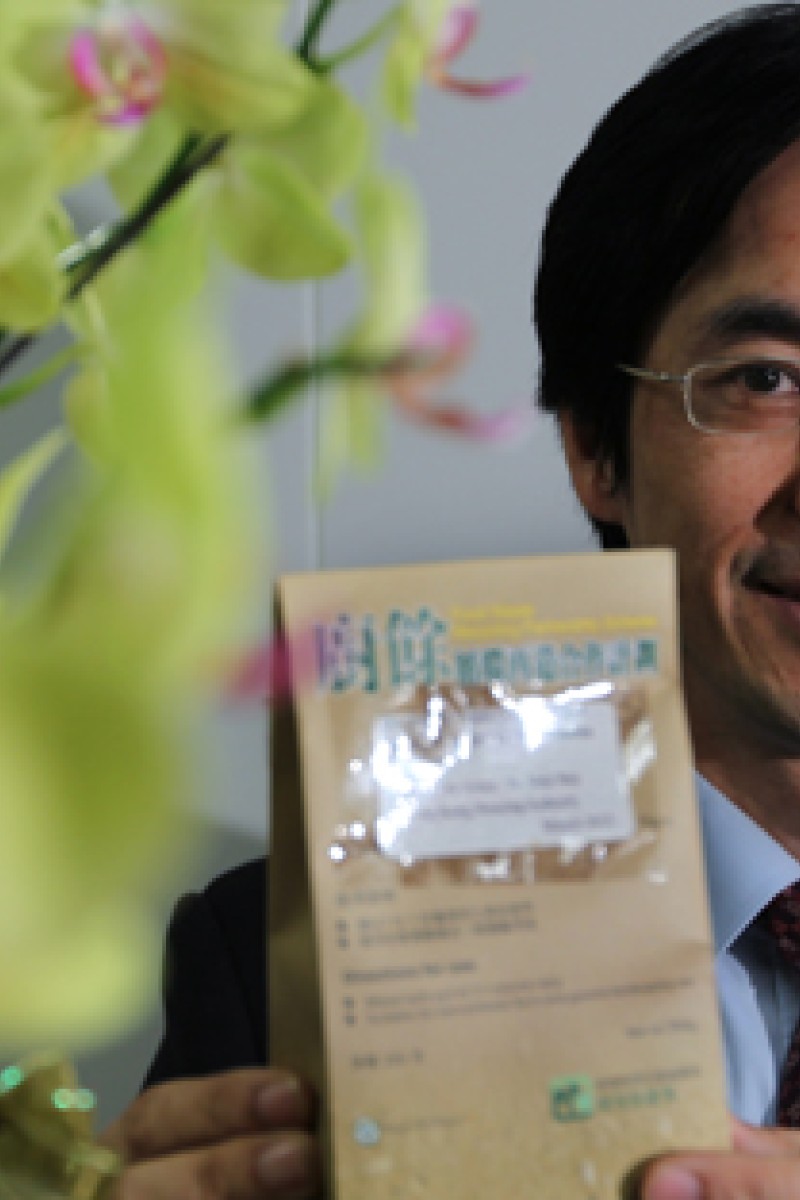 Elvis Au, an environmental department official.
Elvis Au, an environmental department official.This amount is simply too much for the city's landfills, says Elvis Au Wai-kwong, an assistant director at the Environmental Protection Department.
"Sending unwanted or unused food to the landfills is unsustainable," he says.
Not only does the waste take up limited space, they also release methane - a gas that contributes to global warming - and produce foul-smelling sludge.
This is why the government needs the catering industry and individuals to rethink the way they treat unwanted food.
A new scheme launched in 2010 does this by encouraging 82 restaurants, caterers and supermarkets to send food scraps to Kowloon Bay, where a machine turns 500 tonnes of discarded food into 100 tonnes of compost every year. The compost goes to farms and housing-estate gardens.
Au says the government plans to build a bigger plant in Siu Ho Wan by 2016 or 2017 that could treat 500 times more waste.
In 2011, the government started subsidising small composting machines for use at 58 private and public housing estates, and two shopping malls.
Yet Au says one of the better ways to reduce food waste is to start from the source: kitchens.
One-third of Hong Kong's food waste comes from restaurants, while the rest is thrown away by households.
People can, for example, buy only the amount of food they can eat. And students from 95 secondary schools have supported a campaign to ask for only the amount of food they can eat at lunch - which Au says has helped cut 70 per cent of food waste from the sector.
You may not have time to get involved with our project but that doesn't mean you can't do your part to reduce food waste. Join us in our Green Ribbon Campaign and sign the pledge to limit your own food waste!
Read about the workshops:
- Visit to South East New Territories (SENT) Landfill
- Planting crops at Fruitful Organic Farm
- Bread Run with Feeding Hong Kong to collect leftover pastries
- Visit to Hong Kong Science Park to see technology that put leftover food to new uses
- Visit to the Kowloon Bay Waste Recycling Centre to see how they turn food waste into compost
- Learn how the chefs at the Hyatt Regency Shatin use leftovers to create new dishes
- See what some schools are already doing with their food waste
